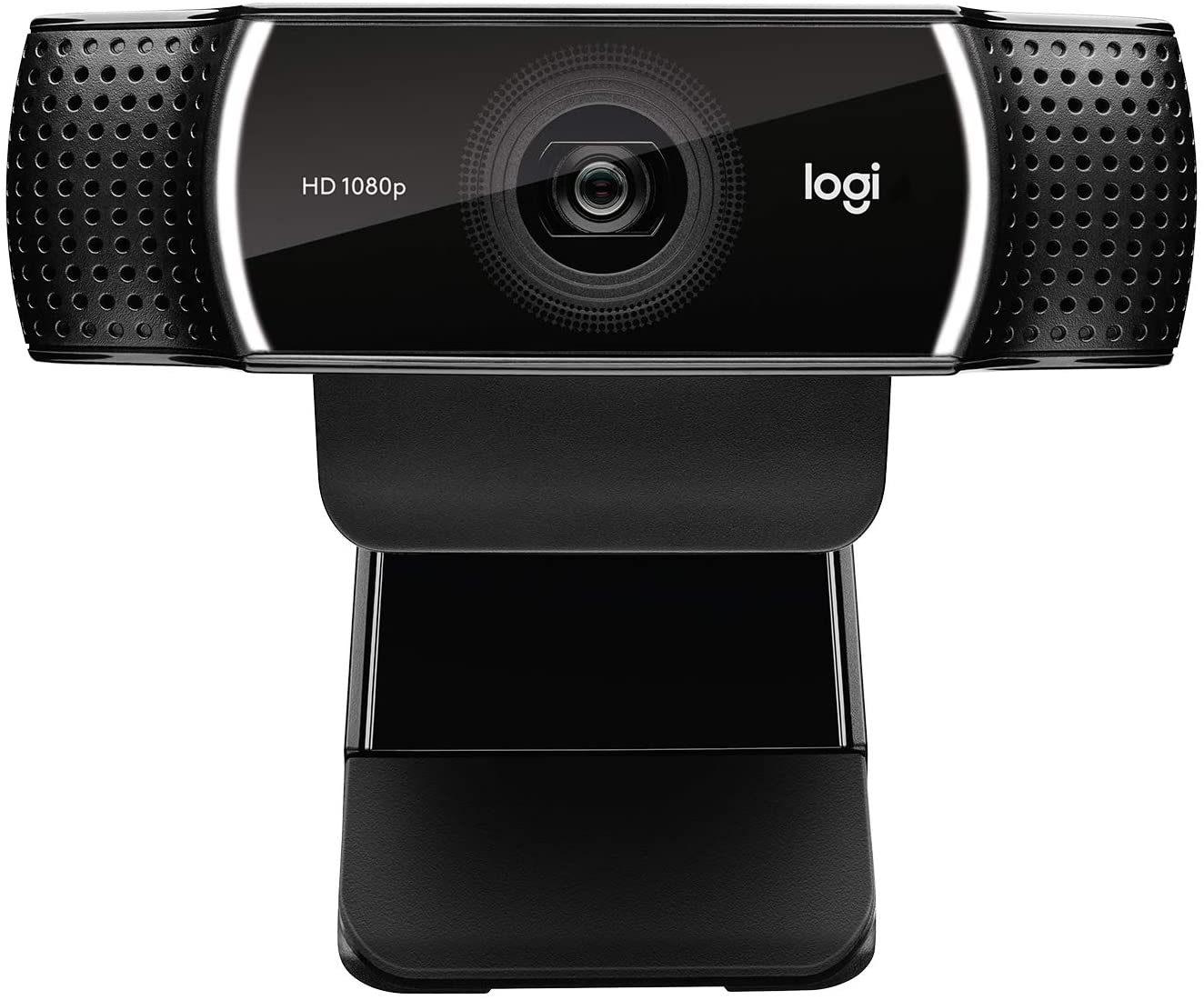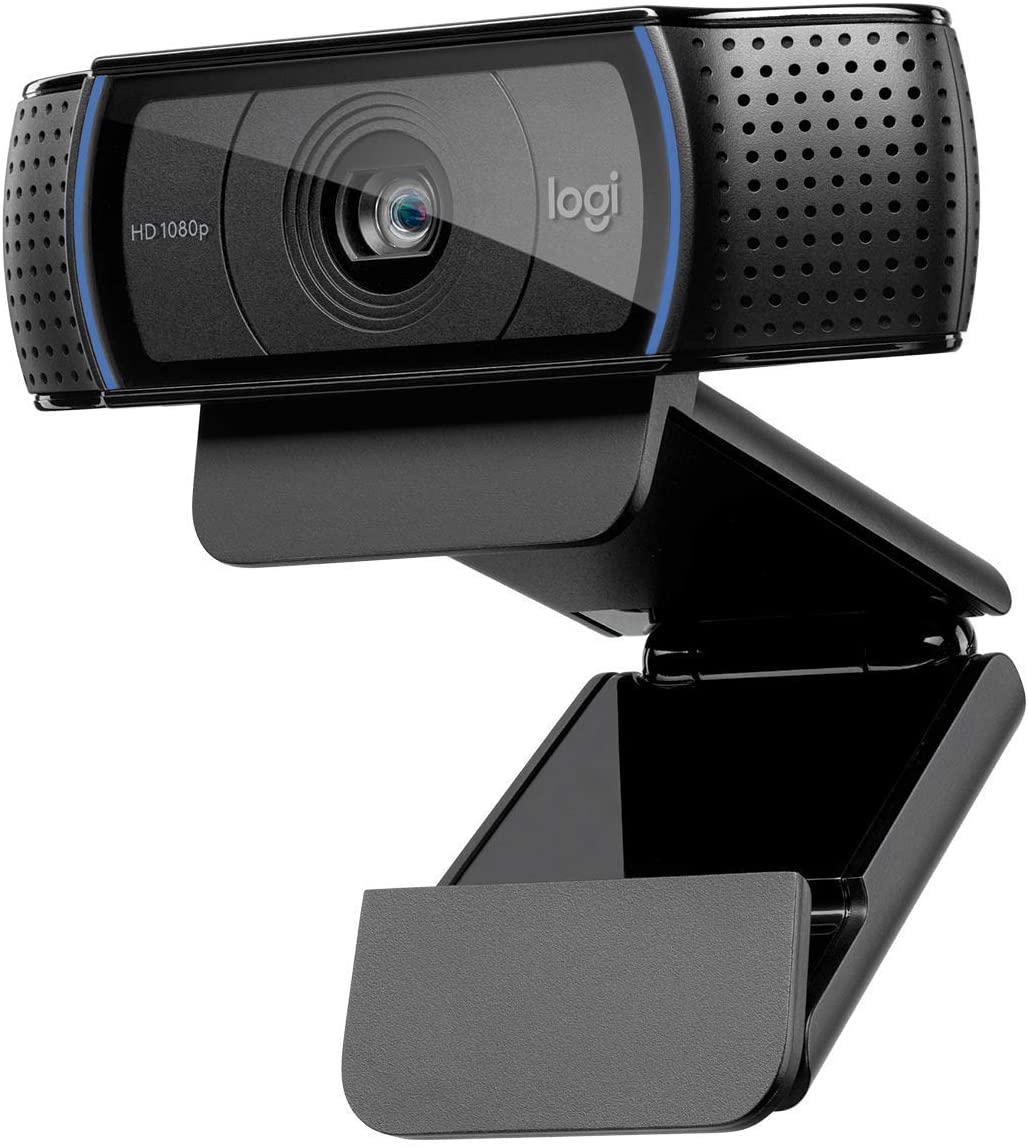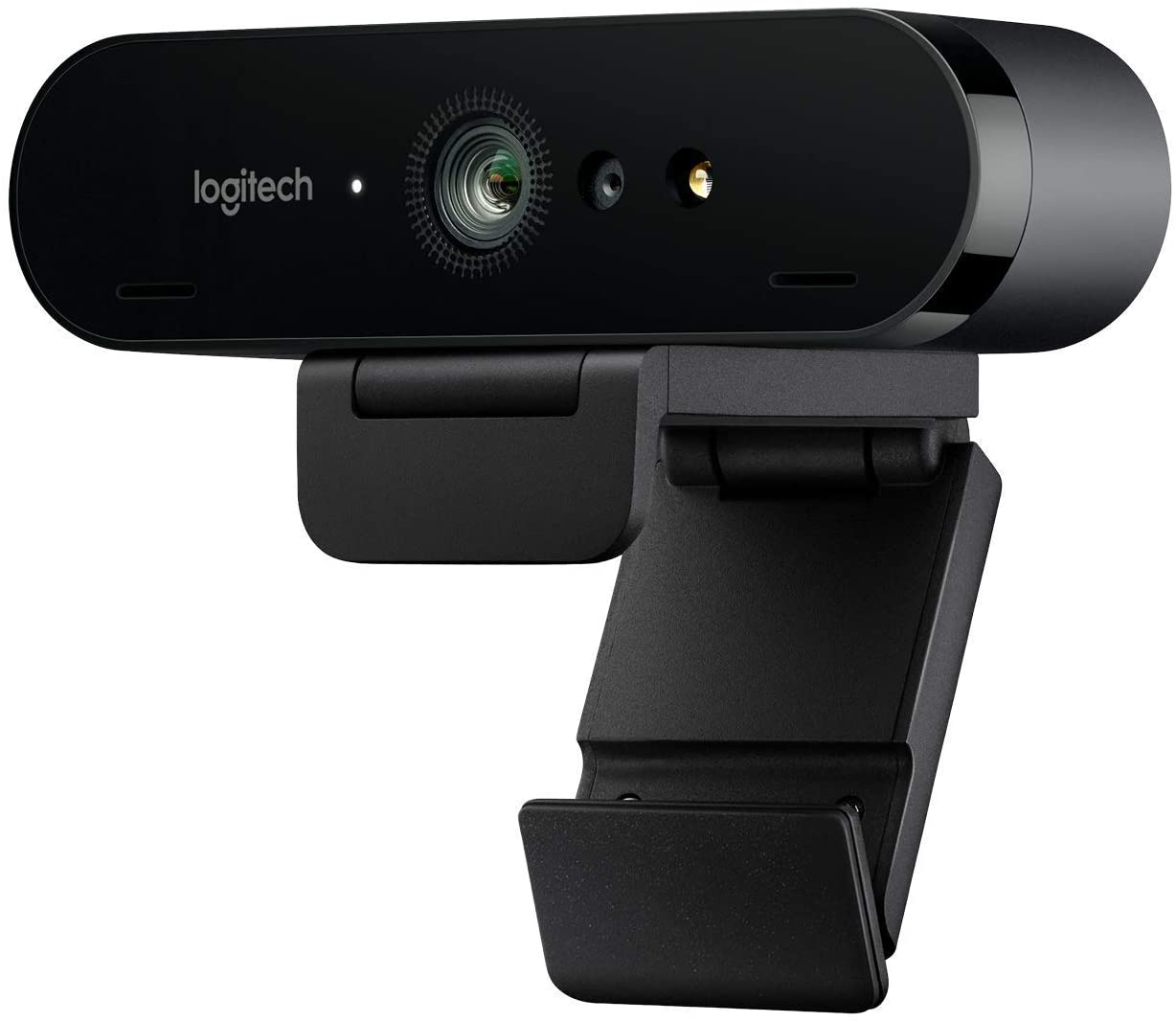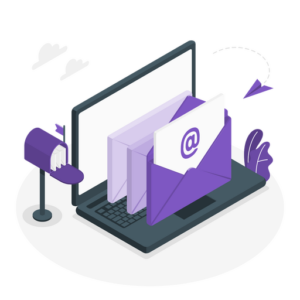OBS is among the most widely used streaming software.
This is likely because it is the least demanding option, yet it offers many features and excellent editing tools. Here are the top 10 OBS tips:
These are top 10 OBS tips:
1. Switch to Graphics Card – change encoding from OBS to your GPU
2. Changing the Bitrate – if your upload internet speed is good, let it be between 3500 and 5000 kbps, but don’t go under 2000 kbps
3. Audio Filters for Better Audio Quality – use Noise suppression, Noise Gate, and Gain Filter for better stream
4. Webcam Filters – make your video more pleasing, and use a green screen to remove the background
5. Overlays from One Browser Source
6. Changing the Resolution – keep the base resolution higher, 1080p, if that resolution matches the desktop resolution, but downscale the output resolution
7. Picking the Frame Rate – if you have better hardware choose 60 fps or stick to 30 fps
8. Hotkeys – create keyboard shortcuts for faster execution of commands
9. Testing before the Stream Starts
10. Browsing and Learning – always be up to date with the latest trends in streaming
Without further delay, let’s begin with the OBS tips!
Table of Contents
1. Switch to Graphics Card
Most streamers utilize the default OBS settings, but when it comes to encoding, this configuration is not always optimal.
If you observe a decline in performance, it is likely due to an overloaded CPU.
As mentioned, OBS isn’t very demanding, but when the game, stream, and software are all running simultaneously, the CPU can easily become overloaded.
That is why you should think about selecting a different encoding setting.
A graphics card for encoding is a far better choice, particularly for those who have an NVIDIA graphics card.

This setting is part of the Output settings. Simply open this tab and select NVENC.
The performance issues should be resolved.
2. Changing the Bitrate
Typically, streamers select high bitrates in anticipation of excellent Twitch stream quality.
These high values should lead to high quality, but this may not always be true.
If you are not using the optimal bitrate for your computer and internet connection, you may experience lags or even dropped frames.
As a result, your viewers may not enjoy the stream as much.
Before adjusting this setting, check the internet upload speed.
Only by understanding the upload speed can you adjust this setting correctly.
There are several websites available for checking this parameter, so choose the one you find most reliable.
When adjusting the bitrate, remember that it cannot be equal to the upload speed.
Typically, the bitrate is slightly lower; otherwise, the same problem will arise.
Also, be careful about how low you are setting it.
A bitrate that is too low will lead to poor video quality, making it difficult for viewers to follow the stream.
Therefore, do not go below 2000 kbps.
3. Audio Filters for Enhanced Audio Quality
Most streamers do not utilize the best audio equipment available for streaming.
For many, a microphone and desktop sound are sufficient, and viewers can hear them without any issues. So, how do they achieve this?
OBS includes audio filters that can greatly enhance sound quality.
One filter that should be utilized in all streams is noise suppression.
It will eliminate any background noise, allowing viewers to enjoy clear sound.

I would also recommend the Noise Gate and Gain Filter.
These filters, when combined with the first one, will ensure that the audio quality of your streams is unmatched.
4. Webcam Filters
When discussing filters, I must mention webcam filters as well.
If you have chosen to include webcam video in your stream, you should ensure that the audience can see your face clearly.
QUICK OVERVIEW: Best Webcams
 | Logitech C922x
| |
 | Best Seller Logitech HD
| |
 | Logitech Brio
|
The background may be somewhat distracting for them, so a green screen is also advisable.
If you are sitting in front of a neutral background, you can simply add a few filters for color correction and some to enhance the video’s aesthetic appeal.
5. Overlays from a Single Browser Source
Many of these OBS tips can help you lower CPU usage, which is especially important for streamers who haven’t switched to hardware encoding.
Overlays, particularly when numerous, can significantly increase CPU usage.
That is why you should group them and add them as a single browser source.
Additionally, the layout will be more organized, making navigation easier.
6. Changing the Resolution
Every streamer desires to broadcast in 1080p scaled resolution.
However, this setting can lead to various issues, particularly if your computer cannot support it.
Maintain a higher base resolution of 1080p if it aligns with the desktop resolution, but downscale the output resolution.
720p is sufficient for streaming; there will be no lags, skipped frames, or dropped frames, allowing viewers to enjoy the stream more.

Another setting you should modify is the Downscale filter.
Bicubic is an excellent setting for those with more powerful computers, but for others, it is preferable to set it to Bilinear.
7. Selecting the Frame Rate
After discussing the appropriate bitrate and resolution, I must also address the frame rate, as it is equally important among OBS tips, and these settings are closely related.
Typically, streamers select either 30 FPS or 60 FPS, but which one is truly ideal?
Well, this depends on the resolution you’ve chosen and the game you are playing.
For instance, streaming at 720p and 30 FPS won’t strain the CPU, but that frame rate is only appropriate for single-player games.
If the game is more dynamic, you can maintain 720p but increase the FPS to 60, allowing for more details to be captured.
8. Hotkeys
Hotkeys are simply keyboard shortcuts that make it easier to access certain commands during a stream. For instance, you can assign a hotkey for scene transitions or for switching between different sources.
There are no strict rules regarding which hotkey is essential; it entirely depends on your needs.
After a few streams, you will notice which controls you use most frequently and can then add the hotkeys accordingly.
All of them must be set up manually.
9. Testing Before the Stream Starts
After adjusting the settings, one of the best tips for OBS is to test the stream.
This is the most effective way to ensure that everything functions properly and to identify any errors.
If there are any, you can easily resolve them before going live.
10. Browsing and Learning
OBS is one of the most widely used streaming software options. It is highly versatile, offering numerous features.
One of my final OBS tips is to keep learning!
Streaming is a great hobby, but it can also turn into your job.
Anyone can become a streamer as long as they do their research and keep learning about the platform and program they are using.
Advantages of Using OBS
In conclusion, I would like to highlight a few advantages of this software.
OBS gained popularity for a reason, so let’s explore what makes it so appealing:
1. Open-Source
You won’t need to spend any money on this software.
It has open-source code, meaning you can easily access, modify, and contribute to its improvement.
2. Compatibility
OBS is not limited to just Twitch streaming.
You can utilize it to stream on other platforms and attract followers beyond Twitch.
Additionally, it is compatible with various operating systems, meaning that even after changing your equipment, you can continue using the software.
3. Numerous Plugins
Many features are not integrated into OBS, but it is possible to enhance the streams by adding them through plugins.
OBS is compatible with many platforms, so adding OBS alerts or a chat box should not pose any issues.
Conclusion
Hopefully, one of these ten OBS tips and tricks has helped you enhance your stream and attract more followers and subscribers.
Also, be sure to check out the FAQ section below!
Frequently Asked Questions
What is the best streaming bitrate?
This depends on your computer. Typically, between 3500 and 5000 kbps is ideal, but check whether the CPU can handle it. Never go below 2000 kbps.
Which bitrate to choose for 720p?
Again, in this case, anything above 3500 kbps and below 5000 kbps would be ideal. Also, set the FPS to 60.
Is 30 FPS enough for streaming?
This will depend on the game you are recording and the resolution. If you are streaming in 720p, you can use higher FPS. Higher FPS is also recommended for more dynamic games.
